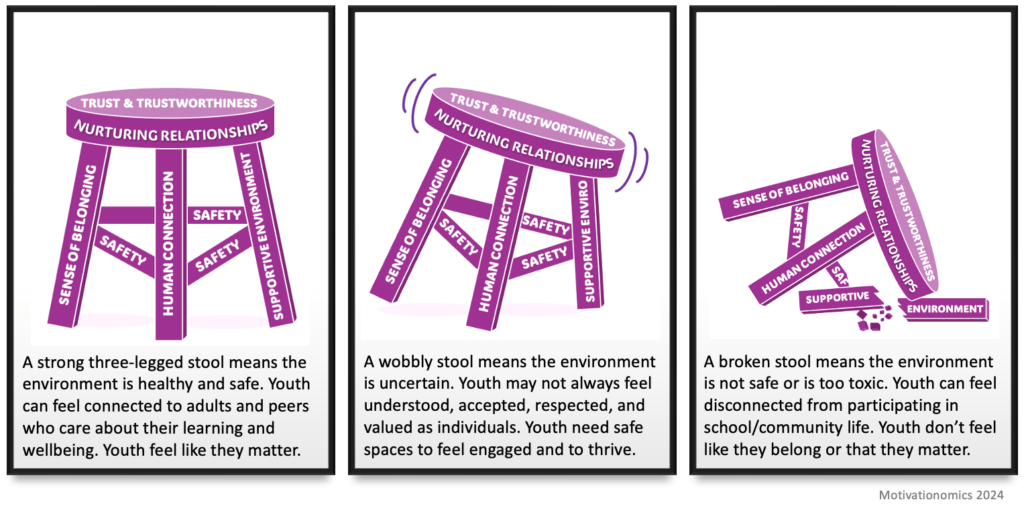Community resilience means strengthening communities in the face of adversities. Schools and education are at the heart of healthy and thriving communities. A community’s capacity to solve problems and address the concerns that are most important to them requires a commitment to an ongoing and evolving process of multidirectional communication and multidimensional approaches to community resilience. To achieve community resilience, community engagement is essential.
In the process of achieving equity, a “solution cannot be achieved in idealistic terms (Paulo Freire, 1970; p.49).” In the same way, community-defined solutions cannot be achieved in the absence of people’s full participation, an open mind, and meaningful transformation. That is, solutions must to be perceived as realistic and aligned to what matters most to people. Meaningful community engagement that translates to real health equity requires working collaboratively with and through people who share similar conditions, concerns, and challenges (Aguilar-Gaxiola et al., 2022). The process to achieve true and meaningful community engagement means fighting in unity to influence social action, transform systems of care, all the while recognizing a durable and long-lasting process that is equitable to all who participate and for the betterment of communities. In 2011, the CDC published Principles of Community Engagement (2nd Ed.) outlining nine principles of community engagement. The CDC will soon be releasing its 3rd edition highlighting its original nine principles of community engagement and introducing a 10th principle on demonstrating trust and trustworthiness.
Principles of Community Engagement (3rd Ed.) View Inforgraphic
Trust and Trustworthiness
Building trust is essential to community engagement and creating a sense of community. Trustworthiness means making oneself vulnerable to others and creating nurturing relationships. Providing safe and supportive learning environments and prioritizing others’ sense of belonging is evidence of being trustworthy. Its relationships and meaningful human connections (peer-to-peer and student-to-educator) in which students feel safe and welcome. When students feel connected to a human network, they feel understood, accepted, respected, and valued as individuals. Additionally, adults who recognize and embrace their role as caring and trusted adults seem to be more connected to the needs of students and committed to contributing to creating change in the school community.
According to former California Surgeon General, Nadine Burke Harris, “creating and sustaining safe, stable, nurturing relationships and environments,” can be a protective factor “buffer” to help students heal from trauma, toxic stress, and succeed in school and community life. Nurturing relationships is a consequence of belonging and feeling valued, being connected to people who genuinely care, and prioritizing safe and supportive environments that foster trust and trustworthiness.

